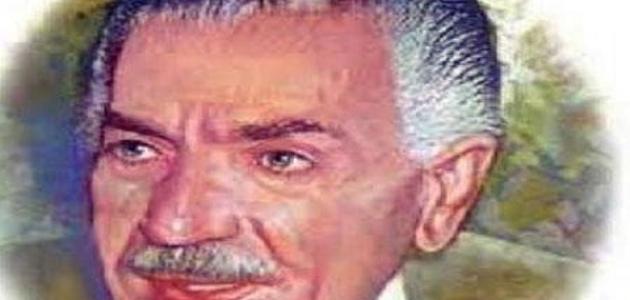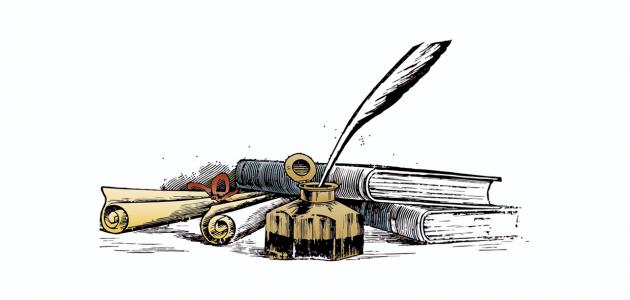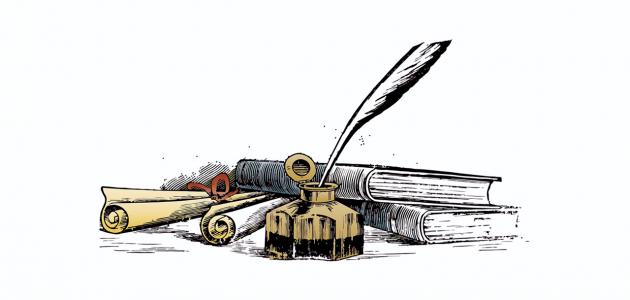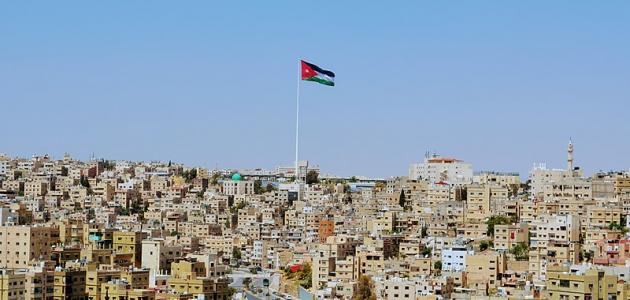It is a poem by Abdel Moneim Al-Rifai, who was born in Lebanon and from the city of Tyre. He was born in 1917 and died in 1985. His father, Talib Al-Rifai, was a money manager in the city of Tyre. He is of Palestinian origin. His father grew up in the city of Safed with his family, which was known for its social and spiritual status. His mother, Mrs. Najla Bakkar, is from southern Lebanon. The Marjayoun area. His father was a fan of hunting, poetry, and horse riding. Abdel Moneim Al-Rifai moved with his family between the town of Marjayoun, Safed, Tiberias, and Beisan. Then he began his studies in “Al-Kitab,” then moved to the Amiriyya School, then the Scottish School in Haifa and Safed.
In 1926 AD, he moved by train to Amman, the Jordanian capital, and joined his elder Samir, who in 1924 moved from the government in Palestine to Amman to participate in establishing the Jordanian government under the rule of Prince Abdullah bin Al Hussein.
As for the Jordanian capital, Amman, Abdel Moneim Al-Rifai attended high school and completed it in 1931 AD. Then he moved to the city of Beirut and joined the American University and obtained a BA in Arabic Literature in 1937 AD. Then he returned to the city of Amman and became a teacher in Arabic literature in the same school where he studied high school. He joined the diplomatic corps in 1939 AD and became an employee in the court of the Prince of East Jordan.
Prince Abdullah bin Al Hussein: Abdel Moneim Al-Rifai combined politics and poetry, and his mind was with politics and his heart with poetry. Abdel Moneim Al-Rifai began to rise through political positions, becoming an ambassador and then a foreign minister and reaching the position of Prime Minister, but all of that did not take away from him his love of poetry, literature and art. Abdul Wahab sang his poem “Najwa”. Abdel Moneim Al-Rifai wrote the collection of poetry “A Traveler”, which records the main events in his life, such as what happened to him in the year 1945 AD, and then the date of his separation from his wife, Nahla Al-Maqdisi, in the year 1958 AD, which shook him internally, and who married Muhammad Abdel-Wahhab after him, and the political matters he was exposed to. Or from national events or what is happening with regard to the first issue, the Palestinian issue, and by the name of this collection he meant the stages of his life as a traveler’s collection. Abdel Moneim Al-Rifai was influenced by Al-Mutanabbi, as he stated that he took from him the pride of poetry and the long horizon in poetry, just as he loved the poetry of Bechara Al-Khoury.
Read also:How to write an editorialAbdel Moneim Al-Rifai also lived through the most important political events in the Arab region, including the Nakba of Palestine in 1948 AD, the war of 1956 AD, the setback of 1967 AD, and the October War of 1973 AD, and he reflected all of this in his political poetry.
As for his eldest son, Omar, he is still working in the diplomatic corps in Jordan. He died in 1985.
A poem of tribute to the Arab army is:
You have this far, far away, and the angry plateaus are red and black
It rises to the heights of your imagination and sings you a song for life
O army from the Hattin Brigades, the old has embraced the new
You have deprived your army of prey from the game, and you have stripped them of prey and game.
They descended from every high place, for the hills were about to collapse beneath them.
They call out to the Marines and the Guards who sent them back as a repeating
Khaled Khalaf gathered them, Al-Muthanna and Sharhabeel carried the items.
O army, oh the passion of dark hope, when will the lost fever return?
Read also:How to write a scientific articleWe see your battlefield, and we take pride in your glorious day.
The large legions roamed Al-Aqsa, greeting it, bowing and prostrating.
The flowers smelled of sweetness, and the martyr was perfumed by the martyr.
Thou hast made the height as sharp as security, and it has blossomed knotted around its top.









